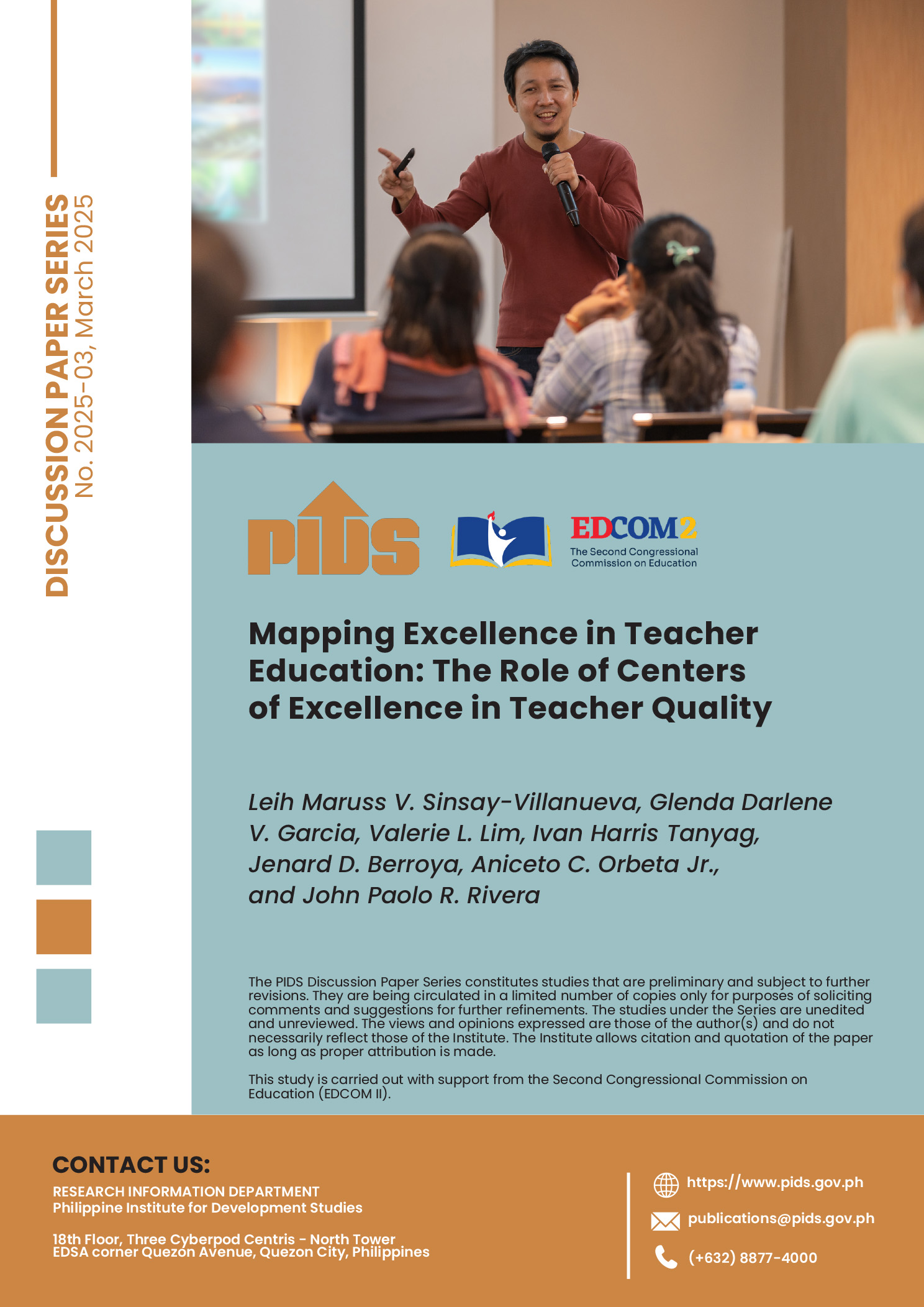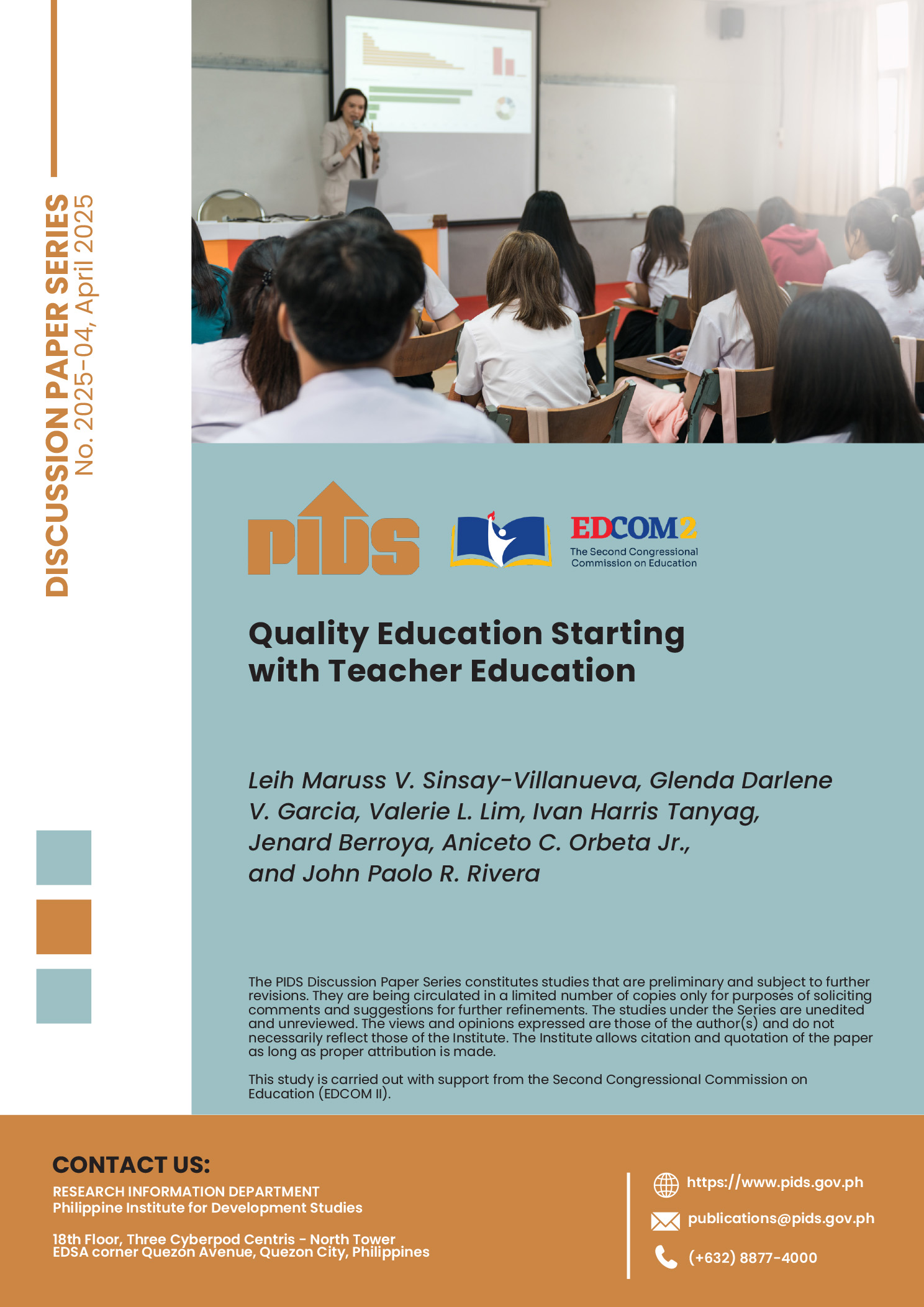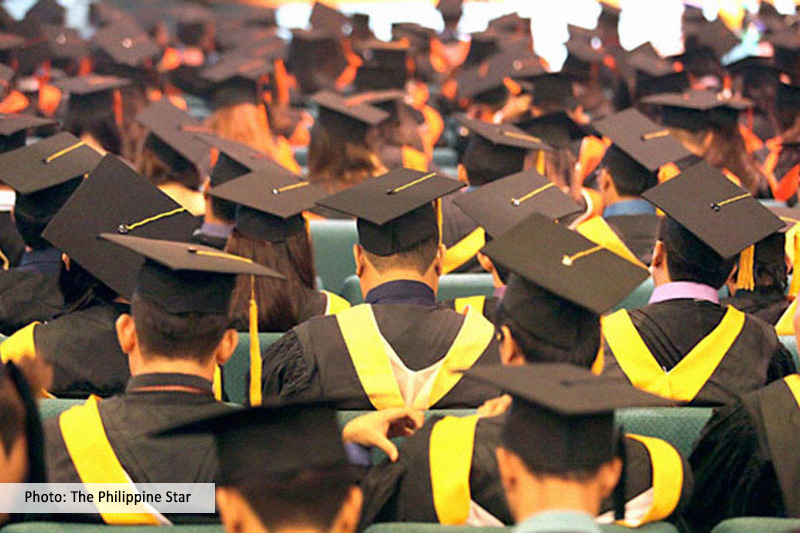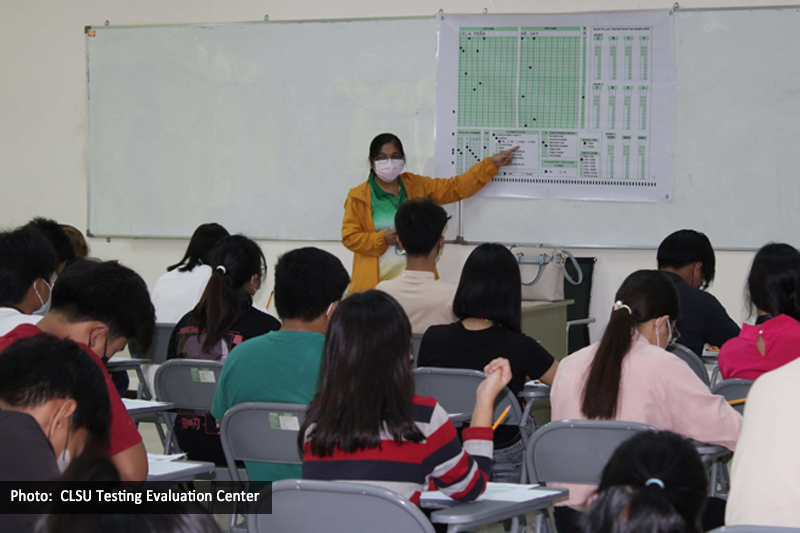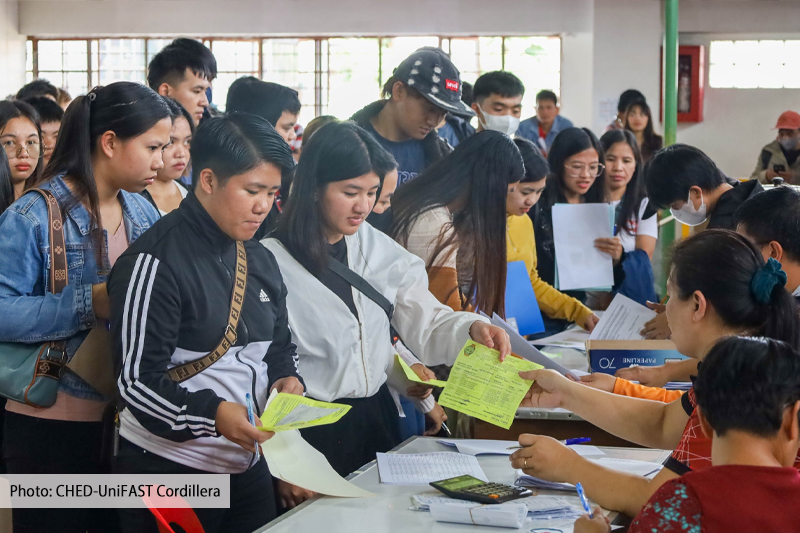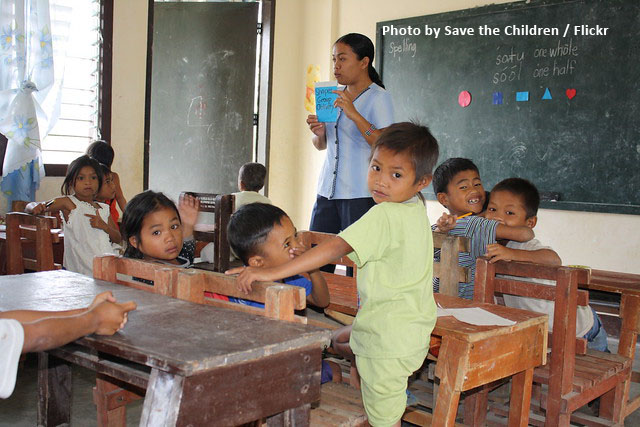
The Department of Education (DepEd) should review its policy concerning public school teachers' workload, particularly those concerning administrative and other duties unrelated to teaching.
In a study by state think tank Philippine Institute for Development (PIDS) titled "Pressures on Public School Teachers and Implications on Quality", authors Clarissa David, Jose Ramon Albert, and Jana Flor Vizmanos cautioned that actual teaching is increasingly being sidelined by the multitude of other responsibilities and roles that teachers play, which, in turn, can erode teaching quality.
Under the Magna Carta for Public School Teachers, teachers are required to devote up to six hours of actual teaching per day. On top of this, teachers are given administrative or student support roles, which include, among others, paperwork on seminars and training workshops they are required to attend, as well as tasks related to student guidance, budget, disaster response, and health. "Teachers are likewise expected to participate in the implementation of various government programs, such as mass immunizations, community mapping, conditional cash transfer, deworming, feeding, population census, antidrug, and election," the PIDS study stated.
In contrast, most private schools employ administrative staff to do enrollment, registration, records, daily operations, and janitorial services while public school teachers have insufficient support and administrative staff.
The authors advised the DepEd to look into its human resource shortages and ask support from the Department of Budget and Management in hiring additional administrative staff.
"These posts will fill in for administrative tasks, such as registration and records keeping, secretarial work for the principal’s office, financial reporting, guidance counseling, and other additional assignments that are normally distributed among regular teaching faculty," they explained.
The authors, however, acknowledged that increasing plantilla positions in DepEd could take several years. In the meantime, they suggested that public schools accept undergraduate students pursuing primary and secondary education programs to assist in administrative tasks as part of their on-the-job training. This would, they added, need "clear signaling from the DepEd Central Office as an accepted and encouraged practice and must be coordinated with the Commission on Higher Education".
Another way to reduce the workload of teachers, according to the PIDS study, is to hire qualified full-time counselors who are also capable of providing real support for students with disciplinary and attitudinal issues and those who have been victims of trauma and abuse.
Under DepEd's current staffing standard, all public and private primary and high schools are required to hire one guidance counselor for every 500 students. The country has had only about 3,000 registered guidance counselors (RGCs) as of July 2017.
The authors attributed the shortage in the supply of RGCs to the provision under Republic Act 9258 or the Guidance and Counselling Act of 2004 requiring a master's degree for licensure examinees in guidance counseling compared to the bachelor's degree requirement for the Licensure Examinations for Teachers.
Also, the "entry-level guidance counselor only receives a salary of PHP 20,179 (Salary Grade 11), similar to an entry-level teacher,” which makes it harder for public schools to hire competent RGCs.
Attending multiple trainings and seminars—with topic areas spanning from technical writing to activities related to disaster risk reduction and management—are also time-consuming for teachers.
"Training is supposed to address gaps in skills and competencies. While various international and nongovernment organizations want to offer trainings, it is unclear if DepEd has a system for rationalizing and systematizing all teacher trainings, especially the massive ones. After all, there may be already too many of them. The net effect may be to distract teachers from their core function of effective teaching," they argued. ###
In a study by state think tank Philippine Institute for Development (PIDS) titled "Pressures on Public School Teachers and Implications on Quality", authors Clarissa David, Jose Ramon Albert, and Jana Flor Vizmanos cautioned that actual teaching is increasingly being sidelined by the multitude of other responsibilities and roles that teachers play, which, in turn, can erode teaching quality.
Under the Magna Carta for Public School Teachers, teachers are required to devote up to six hours of actual teaching per day. On top of this, teachers are given administrative or student support roles, which include, among others, paperwork on seminars and training workshops they are required to attend, as well as tasks related to student guidance, budget, disaster response, and health. "Teachers are likewise expected to participate in the implementation of various government programs, such as mass immunizations, community mapping, conditional cash transfer, deworming, feeding, population census, antidrug, and election," the PIDS study stated.
In contrast, most private schools employ administrative staff to do enrollment, registration, records, daily operations, and janitorial services while public school teachers have insufficient support and administrative staff.
The authors advised the DepEd to look into its human resource shortages and ask support from the Department of Budget and Management in hiring additional administrative staff.
"These posts will fill in for administrative tasks, such as registration and records keeping, secretarial work for the principal’s office, financial reporting, guidance counseling, and other additional assignments that are normally distributed among regular teaching faculty," they explained.
The authors, however, acknowledged that increasing plantilla positions in DepEd could take several years. In the meantime, they suggested that public schools accept undergraduate students pursuing primary and secondary education programs to assist in administrative tasks as part of their on-the-job training. This would, they added, need "clear signaling from the DepEd Central Office as an accepted and encouraged practice and must be coordinated with the Commission on Higher Education".
Another way to reduce the workload of teachers, according to the PIDS study, is to hire qualified full-time counselors who are also capable of providing real support for students with disciplinary and attitudinal issues and those who have been victims of trauma and abuse.
Under DepEd's current staffing standard, all public and private primary and high schools are required to hire one guidance counselor for every 500 students. The country has had only about 3,000 registered guidance counselors (RGCs) as of July 2017.
The authors attributed the shortage in the supply of RGCs to the provision under Republic Act 9258 or the Guidance and Counselling Act of 2004 requiring a master's degree for licensure examinees in guidance counseling compared to the bachelor's degree requirement for the Licensure Examinations for Teachers.
Also, the "entry-level guidance counselor only receives a salary of PHP 20,179 (Salary Grade 11), similar to an entry-level teacher,” which makes it harder for public schools to hire competent RGCs.
Attending multiple trainings and seminars—with topic areas spanning from technical writing to activities related to disaster risk reduction and management—are also time-consuming for teachers.
"Training is supposed to address gaps in skills and competencies. While various international and nongovernment organizations want to offer trainings, it is unclear if DepEd has a system for rationalizing and systematizing all teacher trainings, especially the massive ones. After all, there may be already too many of them. The net effect may be to distract teachers from their core function of effective teaching," they argued. ###


